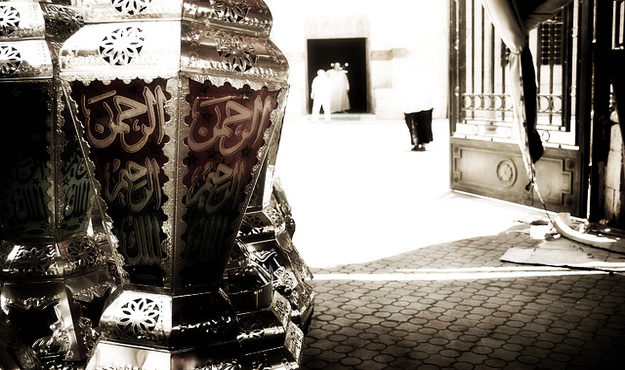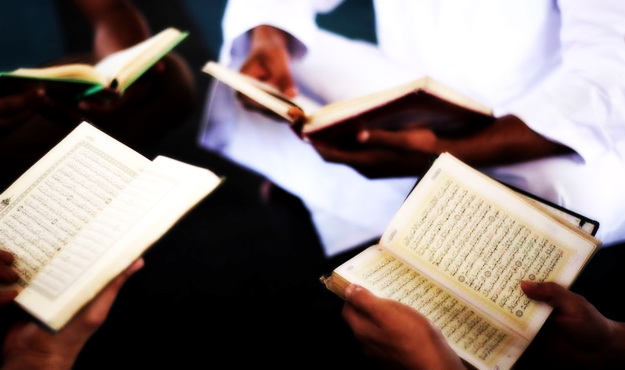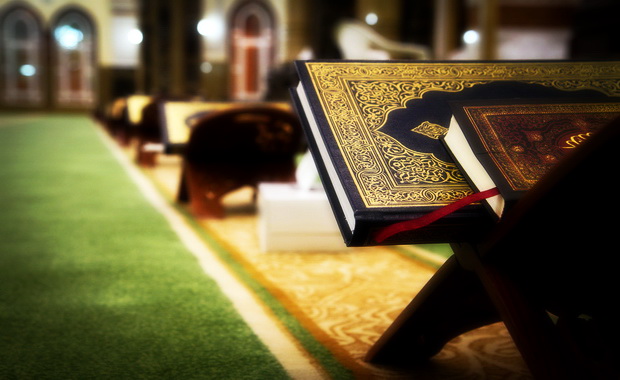‘A servant is not afflicted with any chastisement greater than a hard heart and of being remote from God.
Hardness of the heart comes about by four things, when the level of need is exceeded: eating, sleeping, speaking and socialising.
Hearts that are attached to carnal passions are veiled from God to the extent of these attachments.
Hearts are God’s vessels upon His earth. Those most beloved to Him are the ones that are the softest, purest and most affable.
Their hearts are immersed in the world. If they were occupied with God and with the Afterlife, then they would contemplate over the meaning of His words and creational signs, and would have returned with the profoundest wisdoms and most astonishing benefits.
If the heart is nourished upon God’s remembrance (dhikr), quenched with meditation (tafakkur) and cleansed of blemishes, it will witness great wonders and be infused with deep wisdom.
Love of God shall not enter a heart in which there is love of this world, save as a camel passes through the eye of a needle.
The heart falls ill as the body does; its cure is in repentance and a spiritual regimen. It gets tarnished as a mirror does; its polish is dhikr. It feels exposed as the body does: its robe is piety (taqwa). It hungers and thirsts like the body does: its sustenance is gnosis, love, repentance and divine service.
The heart has six places in which it roams – there being no seventh. Three of these are lowly and three lofty. The lowly are: a world that entices it, an ego that nags at it; and a Foe who seductively whispers to it. These are the places where lowly spirits constantly roam. The three lofty things are: knowledge by which it gains clarity; an intellect with which it is guided; and a deity [God] to which it is devoted in worship. So these are the places wherein hearts wander.’ [Ibn al-Qayyim, al-Fawa’id (Makkah: Dar ‘Alam al-Fawa’id, 2009), 142-4.]
~
‘Seek your heart in three places: where the Quran is recited; in the gathering of dhikr; and in times of seclusion. If you don’t find it in these places, then ask God to bless you with a heart. For you have no heart!’ [ibid., 218.]
~
 navedz.com a muslim's Quest for the truth
navedz.com a muslim's Quest for the truth









